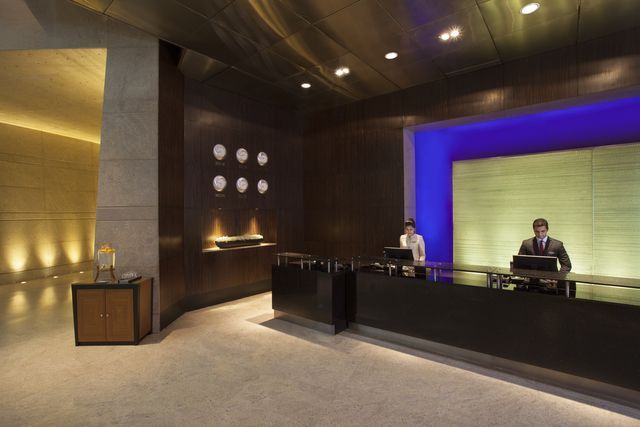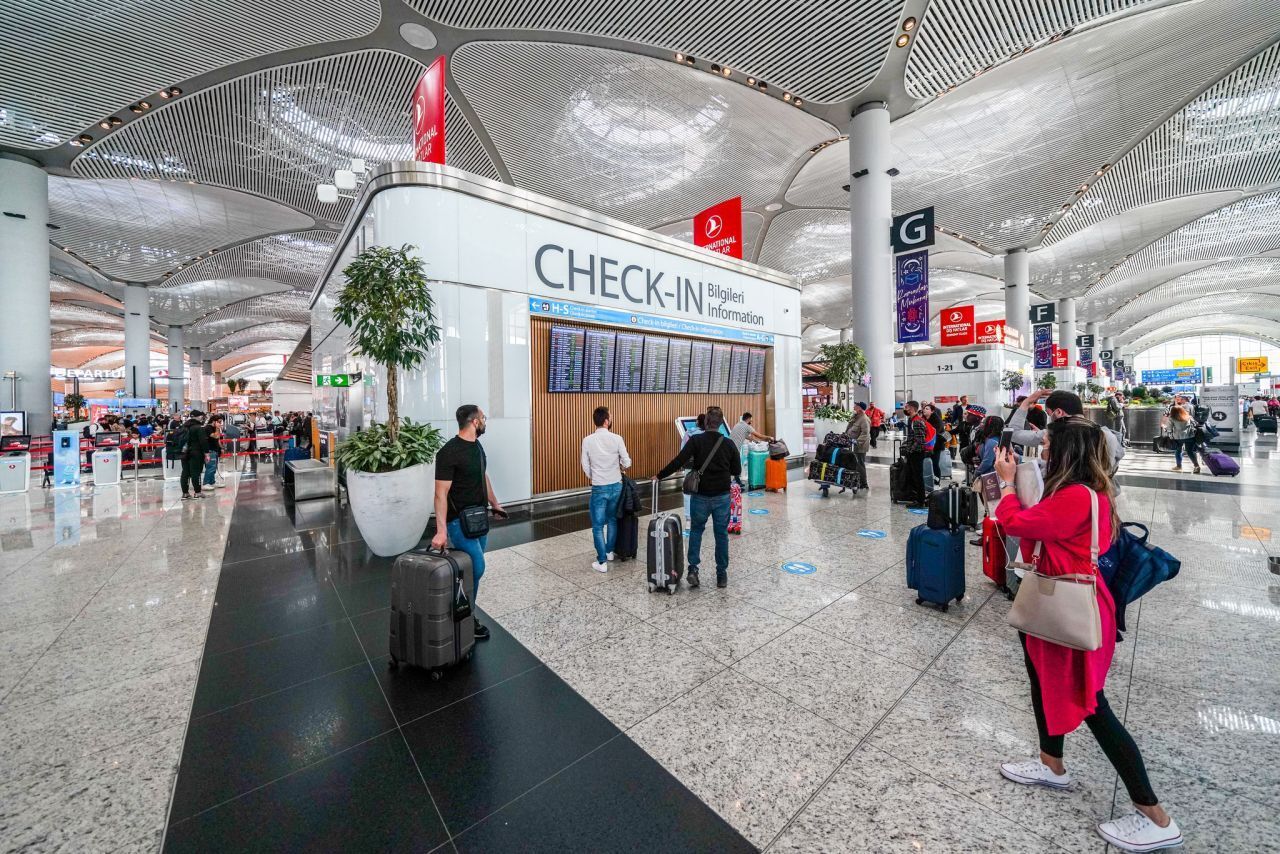Governments are struggling as the coronavirus continues to spread around the world. As of today, more than 114,000 cases of infection have been reported globally, and more than 4,000 people have died.
Italy’s coronavirus death toll jumped from 366 to 463 on Monday. It is the worst-hit country after China. Italy’s Prime Minister Giuseppe Conte said the whole of Italy will become a protected zone. Italian government’s extended emergency coronavirus measures include travel restrictions and a ban on public gatherings for the entire country. The government said only those with a valid work or family reason that cannot be postponed will be allowed to travel. Passengers departing on flights will have to justify themselves, as will all those who arrive by plane. There are controls at train stations to check the temperatures of passengers. Cruise ships are also forbidden to dock at various ports.
In Israel, there is also taking an extraordinary measure. Israel’s Prime Minister Benjamin Netanyahu announced a 14-day quarantine for anyone entering the country that results in many flight cancellations to the Israeli cities.
Where to travel in these circumstances?
As fear over the coronavirus builds, people are beginning to question whether they should travel abroad, with many canceling or re-arranging their Summer holiday plans. However, one potential winner out of this could be staycations, says GlobalData, a leading data, and analytics company.
Nick Wyatt, Head of R&A, Travel & Tourism at GlobalData, comments: “People will still want to go on holiday – they do not want to give up their holidays altogether. However, they are going to start to revert to ‘safety first’. They’re going to say ‘where am I comfortable taking my family? Where do I feel it is safe?’ There is a very good chance that they might actually land in their own country as the answer to that question.
“Staycations are likely to make travelers feel more comfortable as they are familiar with the location, they can potentially avoid flying, and they know the health service and health structure, as well as other benefits of staying within your own countries such as reduced travel time and no language barrier. Therefore, we may see an uptick in staycations, particularly in countries such as the UK and Germany where there is a strong holidaying culture, but also subcultures and different offerings within the country that position them well to benefit from any rise in domestic tourism.
“There are a number of potential winners, for example, anybody that is operating hotels and attractions. In the UK, cultural sites such as the Tower of London or Edinburgh Castle could benefit. We have seen restrictions on tourist attractions in some countries – good examples being the Louvre in Paris and Disney parks in Tokyo, Hong Kong and Shanghai.
“There have been restrictions on people travelling within some countries in Asia, so I would not expect to see the same level of domestic travel for these countries at this point in time. However, for EMEA, while we have got examples like Switzerland banning gatherings over 1,000 people, in most places it is business as usual.”













